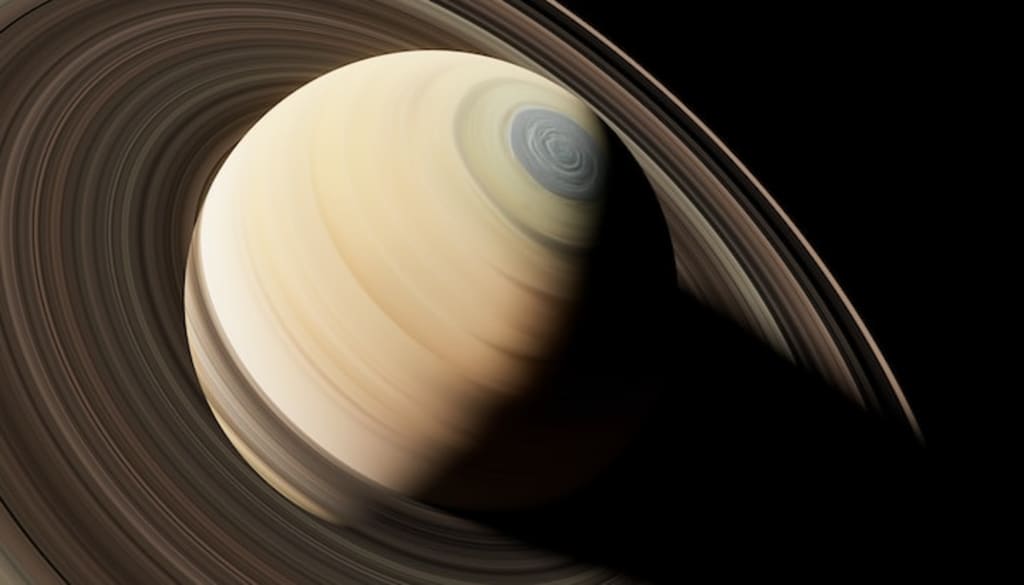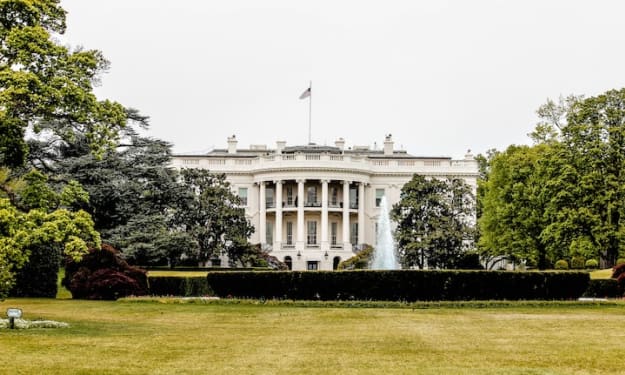Astronomers have discovered a massive 6,000-mile water vapor plume erupting from one of Saturn's moons, Enceladus. This significant finding has intrigued scientists due to Enceladus' potential for hosting life beyond Earth.
In a remarkable discovery, astronomers have made an "extraordinary" sighting of a massive water vapor plume erupting from Enceladus, one of Saturn's moons. This sighting has opened up new possibilities and has sparked excitement among scientists as it suggests the potential for life beneath Enceladus's icy outer crust.

Astronomers have made a remarkable discovery by spotting an enormous plume of water vapor erupting from Enceladus, one of Saturn's moons and a potential hub for extraterrestrial life. This extraordinary plume extended nearly 6,000 miles into space, equivalent to the distance between Ireland and Japan, and released an estimated 300 liters of water per second. Enceladus, which hides a vast saltwater ocean beneath its icy outer layer, has previously been observed venting water vapor into space, but this is the first time such a massive ejection has been witnessed from this moon, measuring 300 miles in diameter.
Geronimo Villanueva, a planetary scientist at NASA's Goddard Space Flight Center, expressed astonishment at the size and extent of the plume, stating, "We were really impressed [by] how big and extended it was. We were not sure what to expect." The James Webb Space Telescope (JWST) captured a pixelated image showcasing the water vapor plume emanating from Enceladus' south pole, reaching a size 40 times larger than the moon itself. This observation, along with the measurements taken by the telescope, provides valuable insights into the dynamics of this ocean world and its potential for hosting life beyond Earth.
The recent observations with the JWST demonstrate the telescope's capability to unravel the mysteries of Enceladus in intricate detail. The researchers emphasize the significance of this breakthrough, stating that it opens "a new window into the exploration of Enceladus... while preparing for future missions." Known as an ocean world, Enceladus is believed to have a global subsurface ocean beneath its icy surface. Previous investigations have already detected water vapor plumes containing ice particles and organic chemicals erupting through surface cracks known as tiger stripes.
Due to Enceladus' rapid orbit around Saturn, completing one rotation in just over an Earth day, the water vapor streams into the moon's orbit and forms a torus, a large doughnut-like ring. The researchers' data indicates that approximately 30% of the water vented from Enceladus contributes to the formation of this torus, while the remaining water disperses into Saturn's surroundings.
These recent findings build upon the accomplishments of the Cassini mission, which extensively explored Saturn and its numerous moons for a decade. Cassini was the first to capture images of the plumes erupting from Enceladus and even flew through the vapor streams to analyze their constituents. In 2017, NASA scientists reported that Enceladus possesses nearly all the necessary ingredients for life, including water, energy, and relevant chemistry. The energy source is believed to be similar to the hot undersea vents teeming with life on Earth. Future missions are expected to explore the thickness of Enceladus' icy crust and the depth of its subterranean ocean.
While the remarkable discoveries in space continue to captivate us, back on Earth, the free press faces numerous challenges. Media outlets are closing down due to a flawed business model, and journalism is being transformed into propaganda in many parts of the world, with governments controlling what can and cannot be reported. Disturbingly, hundreds of journalists have been imprisoned or killed for carrying out their work in the past year alone. The United Nations reports that 85% of the global population has witnessed a decline in press freedom within their countries in recent years.
From Nepal, the call to support independent journalism resonates strongly. Despite the financial hurdles faced by the media industry, the commitment to providing high-quality, fact-checked reporting remains unwavering. The Guardian, in particular, chooses to keep its journalism free from paywalls, believing that everyone deserves access to reliable news. The publication relies on the generosity of readers
worldwide, recognizing that supporting a free press is an investment in an informed and empowered public.
Unlike other media outlets, The Guardian is not owned by a billionaire, allowing it to maintain its freedom to pursue the truth without commercial or political interference. By supporting The Guardian, readers contribute to its continued work of fearless and integrity-driven journalism. Regardless of the amount, whether small or large, every contribution helps power The Guardian's reporting in the years to come, ensuring that the pursuit of truth remains unimpeded. Certainly! Your support will enable The Guardian to continue its tireless pursuit of truth and commitment to investigative journalism. With your contribution, the publication can delve deeper into critical issues, shine a light on injustices, and hold those in power accountable. The Guardian's independence allows it to navigate complex narratives and provide a platform for diverse voices, ensuring a comprehensive and nuanced understanding of the world.
By keeping journalism free from paywalls, The Guardian ensures that information remains accessible to all, fostering an inclusive and informed society. In a time when misinformation and disinformation abound, supporting a trustworthy and reputable news source is crucial for promoting a well-informed citizenry and upholding democratic values.
Your support is not only an investment in quality journalism but also an investment in the future. By backing The Guardian's reporting, you contribute to the ongoing fight for press freedom worldwide, helping to combat censorship, propaganda, and attacks on journalists. Together, we can safeguard the principles of transparency, accountability, and truth that are vital for a thriving democracy.
Join us from Nepal and stand with The Guardian as it continues to navigate the challenges faced by the free press. Your generosity will empower journalists to continue their vital work, amplifying diverse perspectives, and shedding light on the issues that shape our world. Together, we can make a difference and ensure that independent journalism remains a cornerstone of a well-informed society.





Comments
There are no comments for this story
Be the first to respond and start the conversation.